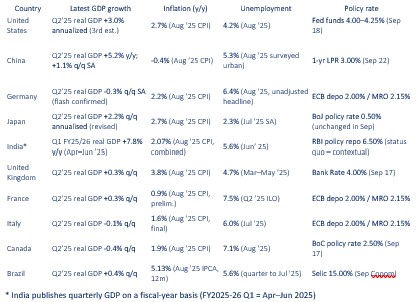UN High Seas Convention
- Mark Williams

- Mar 6, 2023
- 4 min read
Raising the Regulatory Bar. Again.
The agreement reached on 4 March 2023 by delegates of the Intergovernmental Conference on Marine Biodiversity of Areas Beyond National Jurisdiction, better known by its acronym BBNJ, is the culmination of UN-facilitated talks that began in 2004. It is already being called the “High Seas Treaty” though to us that sounds like a confederacy of pirates.
What has been agreed is the text of an addition to the United Nations Convention on the Law of the Sea (UNCLOS) which must now go to UN member states for review and for ratification by at least 60 UN members. The text established a legal framework for the institution of several marine protected areas in international waters. In these MPAs economic activity will be limited.
The text also defines the management of the MPAs and specific measure so to ensure that environmental impact assessments undertaken in them are consistent, rigorous, accountable and comprehensive.
It establishes a conference of the parties (COP) which will meet from time to time and will be able to hold member states to account on issues of MPA governance and biodiversity management.
The text will now be edited for technical language and translated into all six official UN languages. At a time yet to be specified the text will be formally adopted.
The treaty fulfils an obligation made by the UN biodiversity conference in December 2022 to protect one third of the seas and one third of land by 2030.
The agreement this month does not yet delimit the MPAs. There is no area of the ocean that is suddenly off-limits. But in time, deep-sea mining, fishing and other resourcing activities will be limited in the MPAs. It may be that motor ships will be banned from them, or that sailing in them will be limited. But that is for a future UN session to decide. As of today,
Furthermore the text does not impose any obligation on existing bodies which already regulate fisheries, shipping or deep-sea mining to alter their operations to incorporate the treaty. For shipping this means that the IMO will not require the industry to produce environmental impact assessments of shipping activity in the MPAs.
For now, this is a case of nothing to see here, please move along. But it does raise a point about the increase in regulatory oversight of economic activity at sea. In particular the High Seas Treaty reopens the discussion around the use of open loop scrubbers, which comply with the letter if not the spirit of the relevant MARPOL 13G annex. Open loop scrubbers remove oxides of sulphur from the exhaust plume from ships, only to dump the sulphur into the sea, rather than have it fall over sea and land in rain.
A study published in the Marine Pollution Bulletin suggests that scrubber wash water has increased the emissions of certain cancer-causing compounds into the Baltic and is now responsible for up to 9% of the total found in that sea. The Swedish Transport Agency and the Swedish Agency for Marine and Water Management have both proposed a ban on the discharge of scrubber wash water into the Baltic Sea.
The scrubber regulations were always flawed. It would have been better to regulate the specification of the fuel rather than its use. In their current form the regulations are akin to telling coffee drinkers that proper, caffeinated coffee is no longer de rigeur and that from now on they should only drink decaffeinated coffee. Regular coffee will still be on sale at certain, as yet unidentified, establishments. But drinkers should know that random caffeine tests will be carried out, though the fines for drinking regular coffee vary from location to locations. Drinkers of regular coffee should carry their own decaffeination equipment around with them, though it now appears that, if they leak caffeine sequestered from their coffee into certain locations, then they may be fined anyway. It’s no wonder that more ship owners have turned to Ginseng Tea, er, LNG as fuel. It may not cut CO2 on a well-to-wake basis but it negates the whole sulphur problem.
As simpler refineries which lack hydrocracker facilities are being closed down, especially in the Atlantic, it may well be that supplies of higher sulphur forms of residual fuel decline in relatively short order over the coming decade and the problem goes away. But investing in scrubbers possibly just became a bit more complicated.
Further down the line, if noise management becomes an issue within MPAs then ships may find themselves having to sail along less efficient routes to their destinations. Or maybe the major international trade lanes will be excluded from MPAs in order to assist with the emissions reduction targets, as shipping optimises trades in order to meet those. For now we don’t know, but we do know that the regulatory barriers to efficient and profitable ship operating continue to rise with little regard for past regulatory frameworks honestly applied by investors and operators.



Comments